13 Effortless Ways To Enjoy Life Without Money
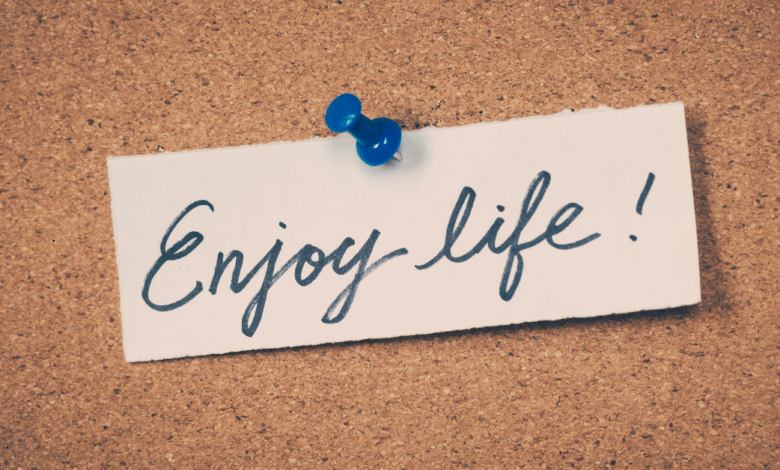
You’re tired of feeling like happiness is always one paycheck away. Maybe you’re broke right now, or maybe you’re just fed up with the whole “spend money to feel good” trap that society keeps pushing on us.
Either way, you’ve landed here because you want to know the truth: can you actually enjoy life without money?
Spoiler alert: yes, you absolutely can. And I’m not talking about some unrealistic “live off the grid and eat berries” nonsense. I’m talking about real, practical ways to feel alive, connected, and genuinely happy without draining your bank account (or having one at all).
In this guide, I’m sharing 13 effortless ways to enjoy life without money. These aren’t gimmicks or temporary fixes. They’re lifestyle shifts that tap into what actually matters: community, creativity, nature, personal growth, and squeezing every drop of value from what you already have. No credit card required, I promise.
13 Effortless Ways To Enjoy Life Without Money
Before we jump in, let’s get one thing straight: enjoying life without money isn’t about suffering or settling. It’s about redefining what “rich” actually means. It’s shifting your focus from what you can buy to what you can build, share, feel, and experience.
Ready? Let’s break down exactly how to enjoy life without money, starting right now.
1. Embrace Minimalism

Minimalism gets a bad rap sometimes, like it’s only for Instagram influencers with perfectly curated white apartments. But here’s the real deal: minimalism is about owning your life instead of letting your stuff own you.
It’s a mindset shift that challenges the idea that more possessions equal more happiness. Spoiler: they don’t. In fact, the opposite is usually true. The more clutter you have, the more mental energy, time, and money you waste managing it all.
Start small. Pick one area of your life to simplify. Maybe it’s your closet, your kitchen drawers, or even your daily schedule. Look around and ask yourself: does this actually add value to my life? If the answer is no, let it go.
When you embrace minimalism, you spend less, stress less, and live more intentionally with what you already have. Plus, you’ll realize how little you actually need to feel content. IMO, that’s one of the most freeing realizations you can have.
If this resonates with you, check out resources on frugal living habits that complement a minimalist lifestyle. These habits help you stretch every dollar without feeling like you’re missing out.
2. Grow Your Own Food
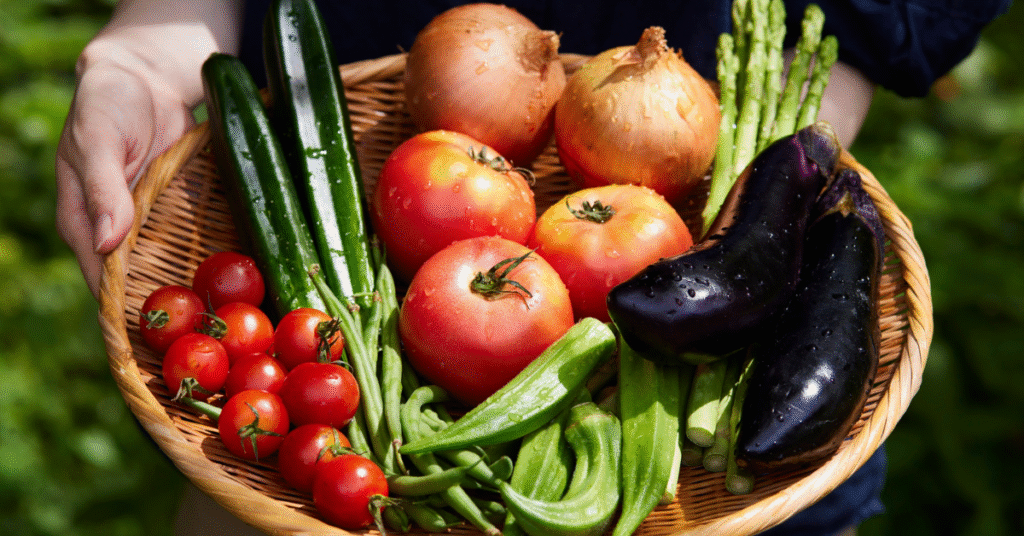
You don’t need a massive backyard or fancy gardening tools to start growing your own food. Even a few pots on a balcony, a sunny windowsill, or a tiny patch of dirt can give you fresh herbs, veggies, or fruit. And honestly? It’s one of the most satisfying things you can do.
Growing your own food isn’t just about saving money (though that’s a nice bonus). It’s about reconnecting with something real and grounding. There’s something incredibly therapeutic about getting your hands in the soil, watching seeds sprout, and eventually harvesting food you grew yourself.
Start with easy stuff. Tomatoes, peppers, spinach, and basil are beginner-friendly and grow well in containers. If you’re totally new to this, YouTube is your best friend. There are thousands of free tutorials that walk you through every step.
As your skills grow, so will your harvest. You’ll save money on groceries, eat healthier, and gain a genuine sense of accomplishment. Plus, spending time outside with your hands in the dirt has proven mental health benefits that no amount of money can buy.
3. Seek Shelter In A Community Sharing
One of the most underrated resources you have is your community. Shared living arrangements, community gardens, co-housing, and “buy nothing” groups can drastically reduce your expenses while increasing your sense of belonging.
If you’re dealing with housing insecurity or just want to live more intentionally, look into community-based living options. These might include co-living spaces, faith-based housing support, eco-villages, or even staying with friends or extended family (with clear boundaries and mutual respect, of course).
These arrangements work because they’re built on shared resources and responsibilities. Everyone contributes what they can, whether that’s time, skills, or labor. In return, you get a roof over your head and a support system that actually cares about you.
Community sharing reminds you that you’re not alone. When money is tight, people can be your greatest asset. Don’t be afraid to reach out, ask for help, or offer what you can in return.
4. Barter And Trade
Before money existed, people survived just fine by trading goods and services. And guess what? That system still works today. Bartering lets you get what you need by offering what you already have: your time, your skills, or items you no longer use.
Start by figuring out what you can offer. Maybe you’re great at fixing things, cooking, babysitting, tutoring, cleaning, or tech support. Then, look for opportunities in your local community, Facebook groups, bartering platforms, or even among friends.
You might trade homemade meals for fresh produce, house cleaning for haircuts, or help with car repairs in exchange for childcare. The possibilities are endless once you start thinking creatively.
Bartering restores a sense of connection and trust. It also reminds you that your skills and time have real value, even if your wallet is empty. The key is to be open, honest, and fair. When done right, bartering can meet genuine needs without spending a single cent.
5. Head Out Into The Wild
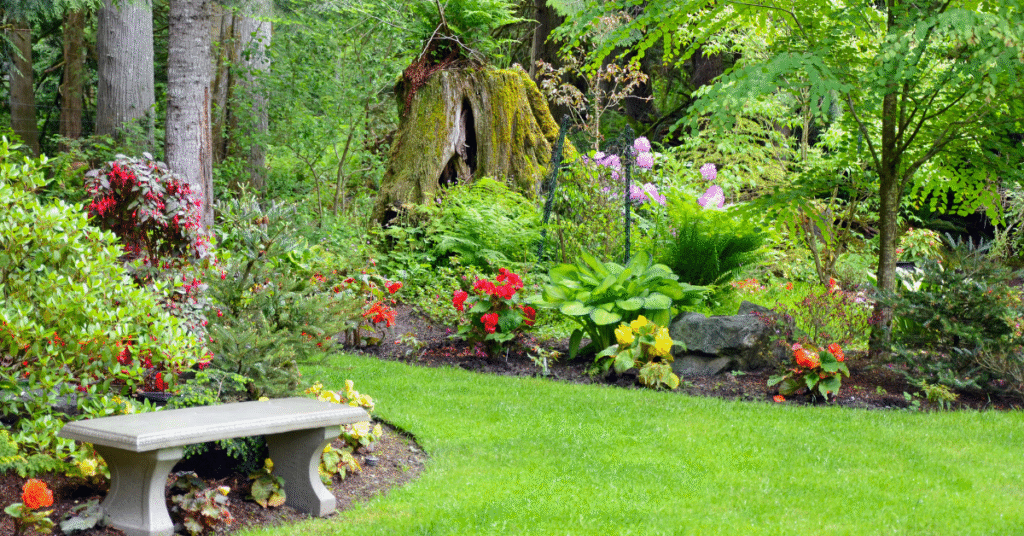
Nature is one of life’s greatest luxuries, and it’s completely free. Whether it’s a walk in the park, a hike through the woods, a day by the lake, or just sitting under a tree, reconnecting with nature is a powerful way to enjoy life without money.
Make it a habit to spend time outside regularly. Explore local trails, join community nature walks, or find a quiet green space near your home. Leave your phone behind, breathe deeply, and just be present.
Nature has this incredible ability to ground us. It offers perspective, calms the chaos in our minds, and reminds us that we’re part of something bigger. When you head out into the wild, you’re not escaping life. You’re stepping back into it.
The more time you spend in nature, the more you realize how little you actually need to feel alive. Fresh air, sunlight, the sound of birds, the feeling of grass under your feet. These are priceless experiences that no amount of money can replicate.
If you’re planning a trip and want to keep costs low while still having unforgettable experiences, look into resources on budget travel tips that help you explore more without overspending.
6. Develop Essential Skills
Learning new skills is one of the best answers to how to enjoy life without money. And here’s the thing: learning doesn’t have to cost a dime. Yet it can give you freedom, confidence, and new ways to support yourself.
Think about essential skills like cooking from scratch, sewing, basic home repairs, foraging, or growing food. These aren’t just survival tools. They’re life-enhancing abilities that build self-reliance and open doors.
You can learn almost anything online for free. Platforms like YouTube, Coursera, Khan Academy, free eBooks, community classes, or local mentors can teach you hands-on knowledge. Pick one area that excites you or benefits your current situation, and start practicing a little every day.
The more skills you have, the less dependent you become on paid services. Plus, you become more valuable to others, which can lead to bartering opportunities or even side income down the road.
Over time, you’ll find that these skills don’t just save money. They also boost your confidence and give you a sense of purpose that money simply can’t buy.
7. Offer Services Instead Of Paying Cash
You may not have money, but you do have value. And that value lies in what you can do for others. Offering your services in exchange for goods, time, or access can open up possibilities that money usually buys.
Think about your strengths. Can you babysit, clean, cook, tutor, fix electronics, walk dogs, or help with errands? These are all tasks someone else might gladly exchange for something you need.
You don’t need a business card or fancy website. Just a willingness to offer help and ask respectfully. Start with people you know, then expand to local community groups or online platforms that facilitate service exchanges.
This kind of exchange builds relationships and community trust. Over time, it might turn into consistent support, shared resources, or even long-term arrangements. It’s a win-win: you give value, receive something in return, and enjoy a deeper sense of purpose. No money involved.
8. Repair Things For Free
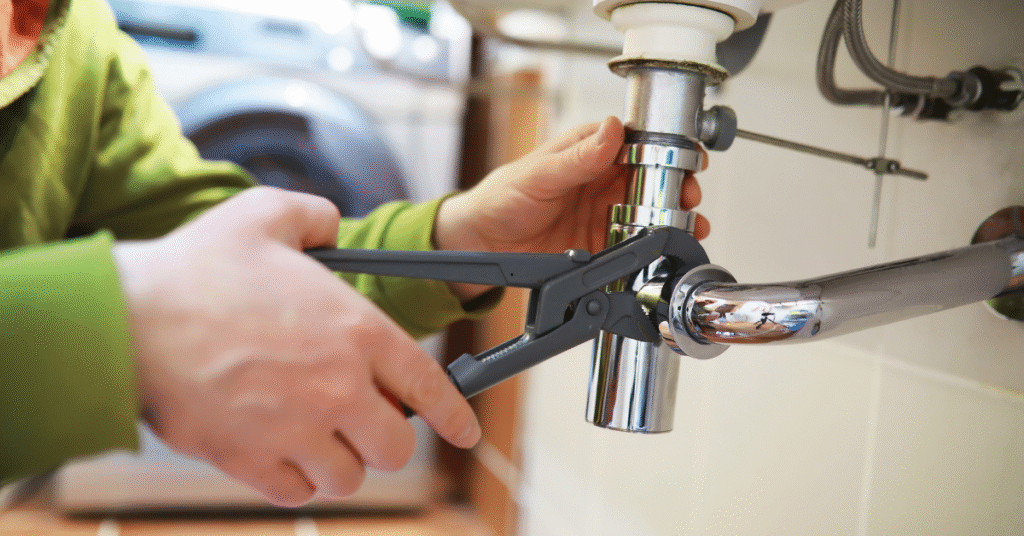
Learning how to fix what you already own is one of the most underrated ways to save money and stretch the life of your belongings. Instead of tossing something out and buying a replacement, why not try fixing it first?
Start with the basics. There are thousands of free tutorials online that teach you how to repair clothes, furniture, electronics, and even appliances. Websites like iFixit and YouTube channels dedicated to DIY repairs are goldmines of information.
Many communities also have repair cafés, volunteer-run events where skilled folks help you fix your stuff for free while teaching you how to do it yourself. It’s a great way to learn, meet people, and keep things out of landfills.
The next time something breaks, don’t rush to replace it. See if you can patch, mend, tighten, or tweak it back to life. Not only does this save you cash, but it also gives you confidence, resourcefulness, and satisfaction that money can’t buy.
9. Travel For Free
Believe it or not, you can explore new places without a fat wallet. Traveling without money is all about leveraging creativity, resourcefulness, and human connection. And honestly? Some of the best travel experiences happen when you’re not staying in fancy hotels.
Start by looking into work exchange opportunities. Platforms like WWOOF, Workaway, and TrustedHousesitters connect you with hosts who offer free accommodation (and sometimes food) in exchange for a few hours of work each day. Tasks might include gardening, animal care, housekeeping, or simple chores.
If you’re not able to travel far, try local adventures. Explore hiking trails, camping spots, nearby towns, or hidden gems in your own city that you’ve never visited. You’d be surprised how much adventure is right in your backyard.
You can also couch surf, hitchhike safely (depending on your region), or connect with communities that support nomadic lifestyles. Travel doesn’t have to mean expensive plane tickets and hotels. It can mean movement, connection, and experience, all of which are priceless.
10. Start Helping People Around You
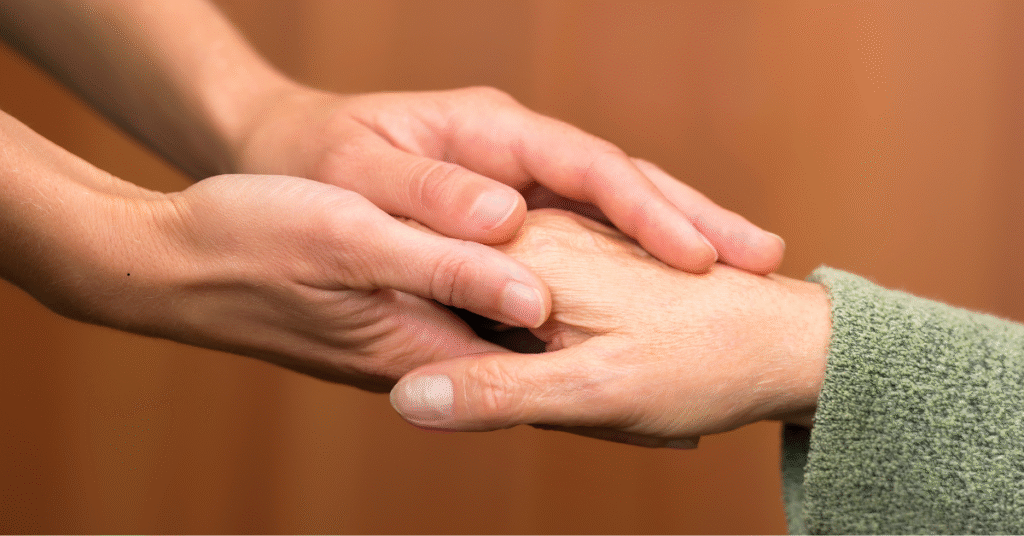
One of the most fulfilling things you can do without spending a dime is to be of service. Helping others doesn’t just benefit them. It strengthens your sense of meaning, belonging, and purpose. And when you give, you often receive in return, sometimes in ways you didn’t expect.
Start small. Offer to help a neighbor with yard work. Spend time with someone who’s lonely. Support a friend going through a tough time. Volunteer at a local shelter, library, food bank, or community center.
Acts of kindness create connection, and connection makes life richer. You don’t need to wait until you “have more” to give. The truth is, your presence, attention, and skills are already valuable. Giving them freely reminds you just how much you already have to offer.
Plus, helping others takes your mind off your own struggles. It gives you perspective and reminds you that you’re part of a bigger community. That sense of contribution is worth more than any paycheck.
11. Reuse And Recycle Resources
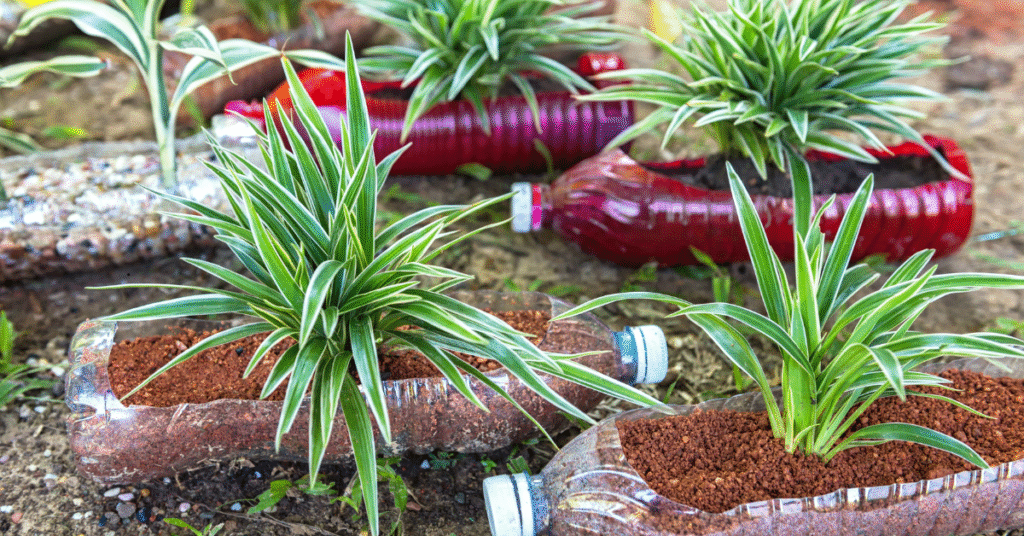
Living well without money means becoming a master at using what you already have. Reuse items before tossing them, repurpose what others discard, and find creative new uses for everyday materials. This is where resourcefulness truly shines.
Start by looking at your waste. What do you usually throw away that could be reused? Glass jars can become storage containers. Old clothes can become cleaning rags or quilts. Broken furniture can be repaired or transformed into something new.
You can also find valuable things through community freecycling groups, curbside finds, or secondhand swaps. One person’s trash really is another person’s treasure. I’ve found everything from furniture to books to kitchen supplies just by keeping my eyes open.
Reusing and recycling not only saves money. It challenges you to think differently about value. Suddenly, trash becomes treasure, and what you once overlooked becomes useful again. It’s a mindset shift that makes you more creative and less wasteful.
12. Offer To Work In Exchange For Free Lodging
Housing is one of the biggest expenses, but in many places, you can offer to work in return for a place to stay. From farm stays to hostel volunteering to family home help, the world is full of exchange opportunities that don’t involve money.
Look into platforms like HelpX, WWOOF, or Workaway, where hosts offer free lodging (and sometimes meals) in exchange for a few hours of work each day. Tasks can include gardening, animal care, housekeeping, child-minding, or simple chores.
It’s a powerful way to explore new places, build skills, and live sustainably, all without paying rent. You get a roof over your head, meals, and often a sense of community. In return, you contribute your time and effort.
Even locally, you might find someone willing to house you temporarily in exchange for help with renovations, caretaking, or companionship. As always, communicate clearly, set boundaries, and ensure it’s a fair, respectful exchange. When done right, this arrangement benefits everyone involved.
13. Focus On Experience And Purpose
Ultimately, the secret to enjoying life without money lies in shifting your focus from consumption to connection. Sometimes, what truly makes life joyful has little to do with how much you spend. It’s about experiences, relationships, growth, gratitude, and living with intention.
Take time to reflect on what makes you feel alive. Is it a deep conversation with a friend? Creating something with your hands? Walking barefoot in the grass? Reading under a tree? Dancing in your living room? Laughing until your sides hurt?
These are moments money can’t buy, and they’re often right in front of you. The problem is, we’re so conditioned to chase the next purchase that we overlook the free joys already available to us.
When you focus on purpose instead of possessions, your values change. You stop comparing yourself to others and start appreciating what you have. You stop chasing external validation and start living authentically. That’s when life becomes rich without ever needing to be expensive.
Final Thoughts
You don’t need piles of cash to live a full, meaningful life. Some of the richest experiences come from simple living, giving generously, connecting deeply, and creating intentionally. Once you understand how to enjoy life without money, you begin to see the abundance already present in your life.
These 13 effortless ideas, rooted in community, nature, personal growth, and resourcefulness, show that joy isn’t tied to your bank account. It’s tied to your mindset. And the truth is, you already have what it takes to live well without money.
But if you’re ready to turn these tips into a powerful, everyday lifestyle, don’t stop here. Explore resources on frugal living strategies that are practical, smart, and proven to help you keep more of your money while living with more freedom and intention.
At the end of the day, learning how to enjoy life without money isn’t about deprivation. It’s about liberation. It’s about realizing that the best things in life truly are free, and that happiness isn’t something you buy. It’s something you create, one intentional choice at a time. 🙂








